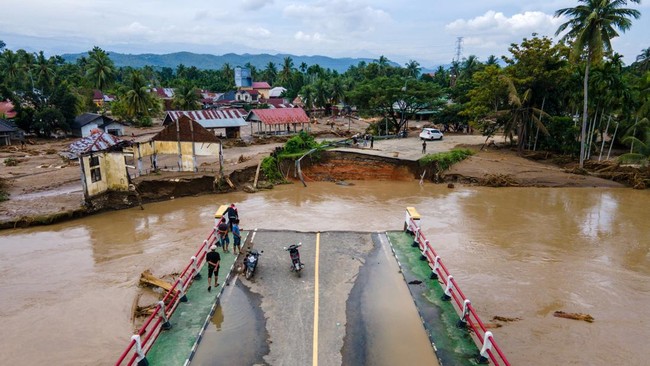Refunding funds is a key benefit for workers participating in the Public Housing Savings (Tapera) program. The Tapera Fund Management Agency (BP Tapera) is responsible for returning the principal savings and accrued interest when the participation period ends. This period concludes when an employee retires, an independent worker turns 58, the participant dies, or the participant fails to meet eligibility criteria for five consecutive years.
However, in 2021, the Supreme Audit Agency (BPK) uncovered several issues within BP Tapera regarding these refunds. The findings were detailed in a report titled “Compliance Audit Report on the Management of Public Housing Savings Funds (Tapera) and Operational Costs for 2020 and 2021 at BP Tapera and Other Relevant Institutions in DKI Jakarta, North Sumatra, Lampung, Central Java, D.I. Yogyakarta, East Java, and Bali.”
The Specific Purpose Audit (DTT) report revealed that 124,960 Tapera participants had not received refunds totaling Rp 567,457,735,810. This was discovered after BPK’s team verified data with the National Civil Service Agency (BKN) and PT Taspen (Persero). Despite these participants’ membership having ended due to death or retirement by the third quarter of 2021, they were still listed as active participants. Specifically, 25,764 deceased participants had balances amounting to Rp 91,035,338,854, and 99,196 retired participants had balances totaling Rp 476,422,396,956. “As a result, 124,960 retired civil servants or their heirs could not access refunds totaling Rp 567,457,735,810,” BPK reported. BPK further verified this by conducting spot-checks with five employers, confirming the deceased or retired status of 191 participants through retirement decrees or payment termination letters (SKPP). However, the employers had not updated these statuses, leaving participants unable to receive their refunds. Moreover, BP Tapera’s refund process requires participants to update their account numbers.
An interview with the Director of Operational Mobilization revealed that BP Tapera’s processes depend on updated data from employers via a portal to reflect worker status changes. Without updates from employers, such as notifications of death, participant data remains unchanged. BP Tapera claimed to have conducted awareness campaigns on data updates, including status change mechanisms. Nonetheless, the vast amount of data and the number of participants to be input by employers, coupled with limited resources, could lead to errors or delays. Ultimately, the BPK audit highlights significant administrative lapses within BP Tapera, affecting many participants and underscoring the need for improved data management and coordination to ensure timely and accurate refunds.









